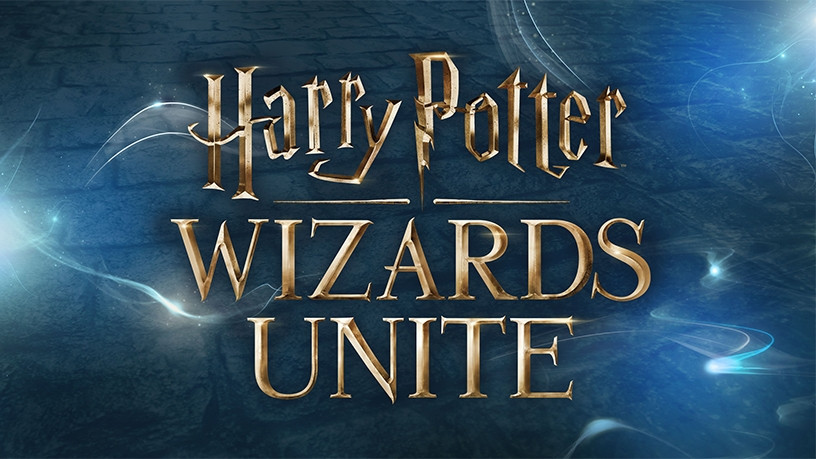
Niantic, creator of the popular Pokémon Go mobile game, is creating another game, this time targeting the Harry Potter fandom.
Called Harry Potter: Wizards Unite, the game will be based on augmented reality (AR) technology. Smartphone users will be able to see pictures on their screens overlaid onto the real world by using their device's camera.
This is the third game from Niantic. In 2012, it launched Ingress, which turned real-world streets, neighbourhoods and cities into a "global game board". Players would have to physically go to real-world locations to progress in the game, forcing users away from their computers and into the outside world.
"The incentives it created for exploration, exercise and real-world social interaction helped spawn a global community of fans, united by their shared experience, and laid the foundations for Niantic's real-world AR gaming platform," the company said in a blogpost.
"Pokémon Go brought that vision to the world at unprecedented scale and served as a catalyst for the further development of the Niantic platform."
Wizards Unite will rely on data collected by Ingress and Pokémon Go players, including pictures and GPS points.
"With Harry Potter: Wizards Unite, players that have been dreaming of becoming real life wizards will finally get the chance to experience JK Rowling's wizarding world. Players will learn spells, explore their real world neighbourhoods and cities to discover and fight legendary beasts, and team up with others to take down powerful enemies."
The company is partnering with Warner Bros Interactive Entertainment and WB Games San Francisco's development team to create the game.
Last year's Pokémon Go was a global success, with thousands of people descending on public places that were awash with virtual landmarks that allow users to reload or battle other players.
The free-to-play location-based augmented reality mobile game was an immediate success in July, surpassing app downloads of the likes of Tinder and other popular apps.
Barely a week after its release in the US, Australia and New Zealand, Pokémon Go surpassed WhatsApp, Instagram, Snapchat and Facebook Messenger in terms of the average amount of time users in these countries spend on the app each day.
By September, it had exceeded 500 million downloads worldwide. The craze died down after a few months, although there are still dedicated players worldwide.
Share